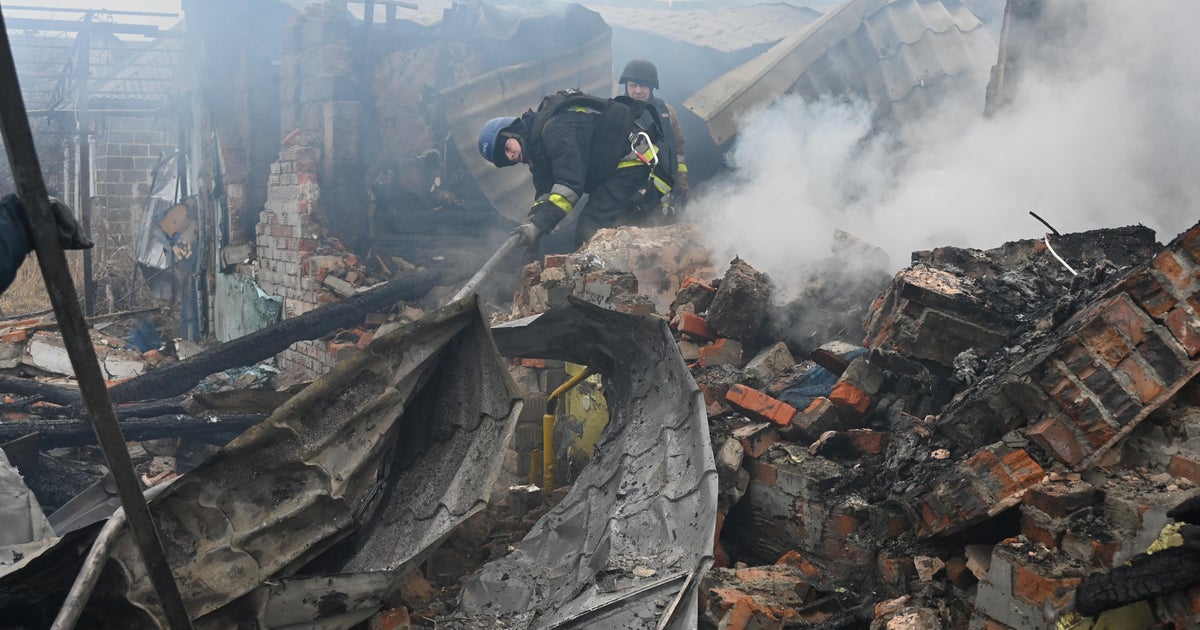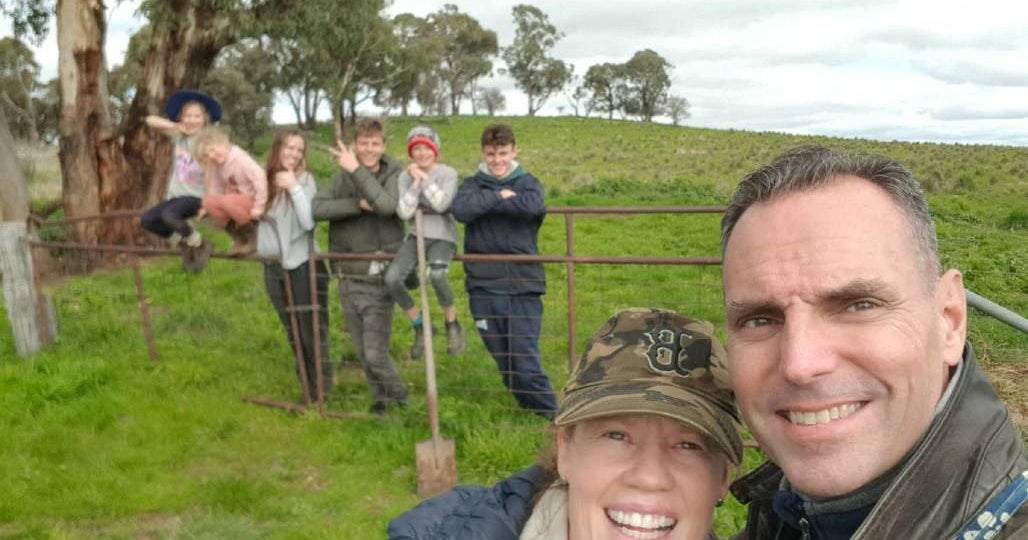The last of the best: A reporter reflects on the D-Day anniversary
We are losing them, the men who fought on the beaches. The men who charged the landing grounds. The men who fought in the hills and on the fields and through the streets of Europe. The men who didn't surrender, because they didn't know they could.
Only 5 percent of Normandy veterans were still alive to mark its 75th anniversary.
Grandfathers. Fathers. Husbands, for a remaining a few.
The once baby-faced soldiers, now fragile caretakers of the greatest generation. Freckles turned to wrinkles. Guns replaced by canes. Men who did their duty, when asked, without complaint or reservation. Men who hand-wrote letters home and waited weeks for a response. Men who slept on the ground and ate beans from cans, never sure if they would make it. Their uniforms have faded, but the sacrifice remains.
For all their valor, these are men who did not shout their bravery. The war was something to survive, not boast about. They watched their friends die repeatedly, indiscriminately, in battle. They defended freedom in dirty clothes and rotten socks. They knew it was chance, not skill, that got them through it. They went home heroes and rarely spoke of what they endured.
But the beaches remember. And the people do, too.
The veterans who attended the D-Day memorial ceremony this week were swamped by grateful well-wishers from all over the continent. They were the pride of a nation, several nations, in their medals and distinct ballcaps. Presidents thanked them. Brigades fêted them. Teenagers snapped pictures and asked to shake their hands. The men smiled and humbly accepted the honor, because they lived that day when so many didn't. Then, unbelievably, they lived seven and a half decades more.
It's easy to get nostalgic. To attribute their acts to a bygone era or simpler times.
But it took no less courage then, as it would now, to board a boat bound for battle. To run up a hill, between bloody bodies that — for an inch each direction — might have been yours. To follow orders even when the outcome was bleak and uncertain. These men remind us of our nation's potential. They provide a clear moral center, in a world increasingly adrift.
This year's anniversary was more than a ceremony. It was a chance to say thank you, before it's too late.
Even the best of men are not immortal. Bodies break down. They crumble. They stop listening to the commands of the soldier inside. Who knows how many veterans, if any, will be left to mark the next five-year anniversary. Who knows what the world will lose when the last of them is gone. But we do know these men will face their final battle with no less honor and bravery than they did that day, seventy-five years ago in Normandy.
It is a fate to which we all must, eventually, surrender — even the men who never did.
Christina Ruffini is the CBS News foreign affairs and State Department reporter and the granddaughter of WWII veteran Anthony Ruffini, who died December 25, 1993.



